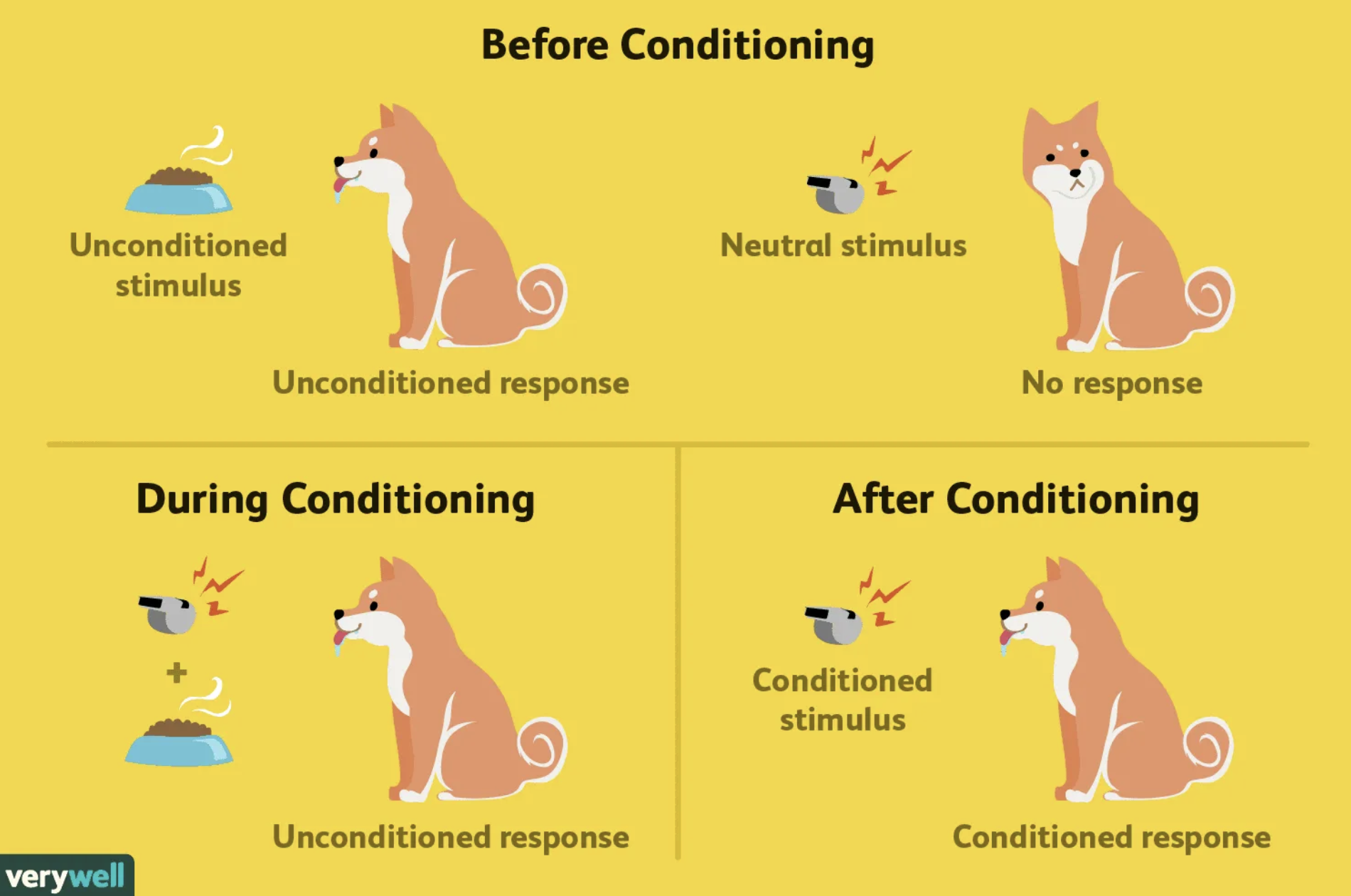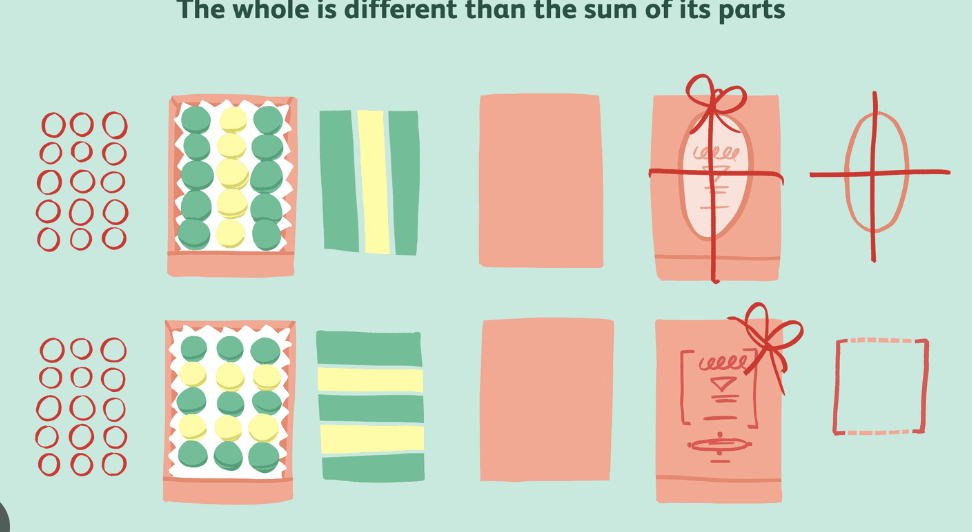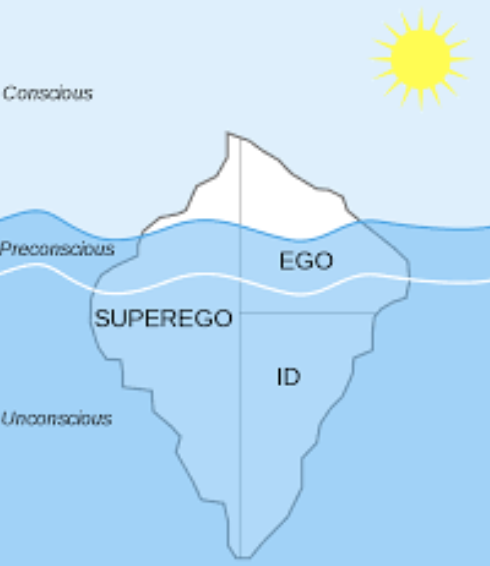Unit 1: history and approaches of Psychology
1/24
Earn XP
Description and Tags
Unit 1: history and approaches of Psychology
Name | Mastery | Learn | Test | Matching | Spaced |
|---|
No study sessions yet.
25 Terms
Psychology is the study of…
Human mind and behavior.
Important considerations when studying Psychology:
following a process- The scientific Method!
Bias- must be eliminated
Ethical concerns- conclusions about human beings are made.
Early Philosophers:
Aristotle and Plato, Descartes and Hobbes
what is Nature vs. Nurture
Nature vs. Nurture is a debate in psychology regarding the relative contributions of genetic inheritance (nature) and environmental factors (nurture) to human development and behavior.
Why is Phycology considered a science?
slowly became more based in the physical make up of the brain, thus connecting to science.
Phrenology
the analysis of the surface of the skull to explain behavior
Willhelm Wundt
Considered the father of experimental psychology, he established the first psychology laboratory in 1879 in Leipzig, Germany, and emphasized the importance of empirical methods. Staffed by student. Studied reaction time and “awareness”
Structuralism
explores the structure of the human mind by using introspection (self-relection)
Functionalism was founded by…
William James
Functionalism is…
Explores how adaptive functions of the brain

what would this image describe
Behaviorism in Practice
what year was Little Albert Experiment
1920
what were the events of Little Albert Experiment
The Little Albert Experiment involved conditioning a young child to fear a white rat by pairing it with loud, frightening noises. This demonstrated the principles of classical conditioning and the impact of environmental factors on behavior.

Was this morally correct? if so why? if not why?
The Little Albert Experiment is widely considered unethical due to the psychological harm inflicted on the child and the lack of informed consent from his guardians. It raised significant concerns about the treatment of human subjects in psychological research.

what does “The whole is greater than the sum of its parts” hint to
This phrase refers to Gestalt psychology, emphasizing that human perception and behavior cannot be fully understood by breaking them down into individual components, but rather must be viewed as integrated wholes.
Gestalt School of Psychology
Early school of Psychology that originated in Germany
Human ability to perceive elements are part of a larger system

what does this image hint to
War Identity
what was War Identity
A concept in psychology that explores how individuals perceive themselves and their roles during times of conflict, often shaped by social and cultural contexts.
In War Identity what is “ID”
Unconscious thoughts, desires (”I want that right now”)
In War Identity what is “Ego”
contains our common sense, rational personality (”lets figure how to work these things together”)
In War Identity what is “Super Ego”
internalization of morals [usually taught by parents] (”good people don’t think about those things”)
Where did War identity come from?
Sigmund Freud and Freudian psychology
Sigmund Freud is…
one of the most famous psychologists of the time
famous for establishing the field of talk therapy, dream analysis, psychoanalysis
What is Sigmund Freud famous for?
influential in topics of unconscious mind, personality, motivation, defense mechanisms
freud’s influence on Modern Phychology is limited
the idea with his idea is that therapist can help pull out thses ideas with otu directly saying it
main ideas: humans have urges and we have almost no control to beat these urges
what is phycology
the study of the human mind and behaviors